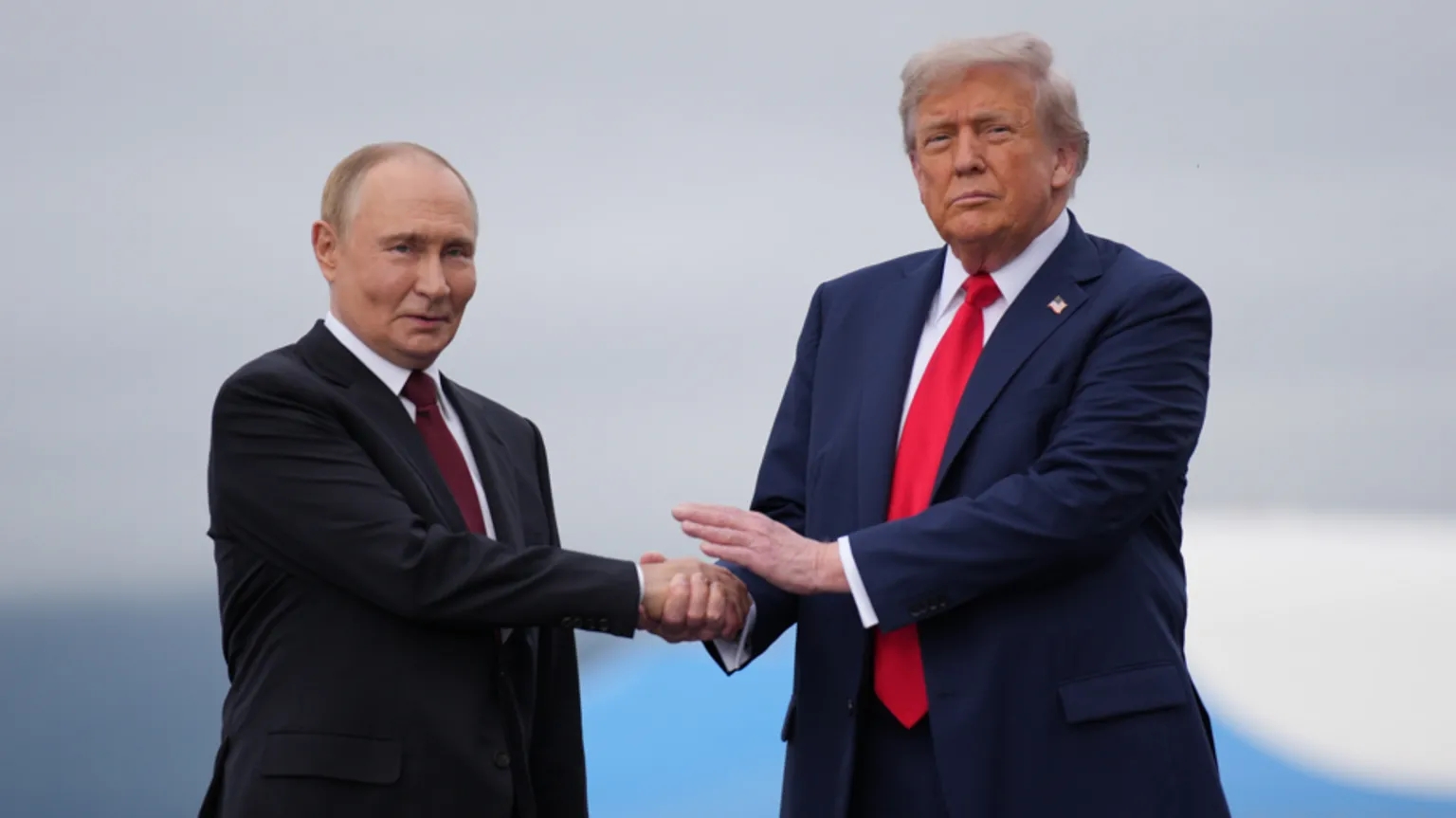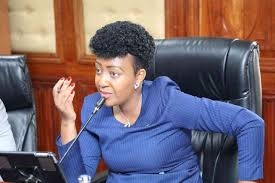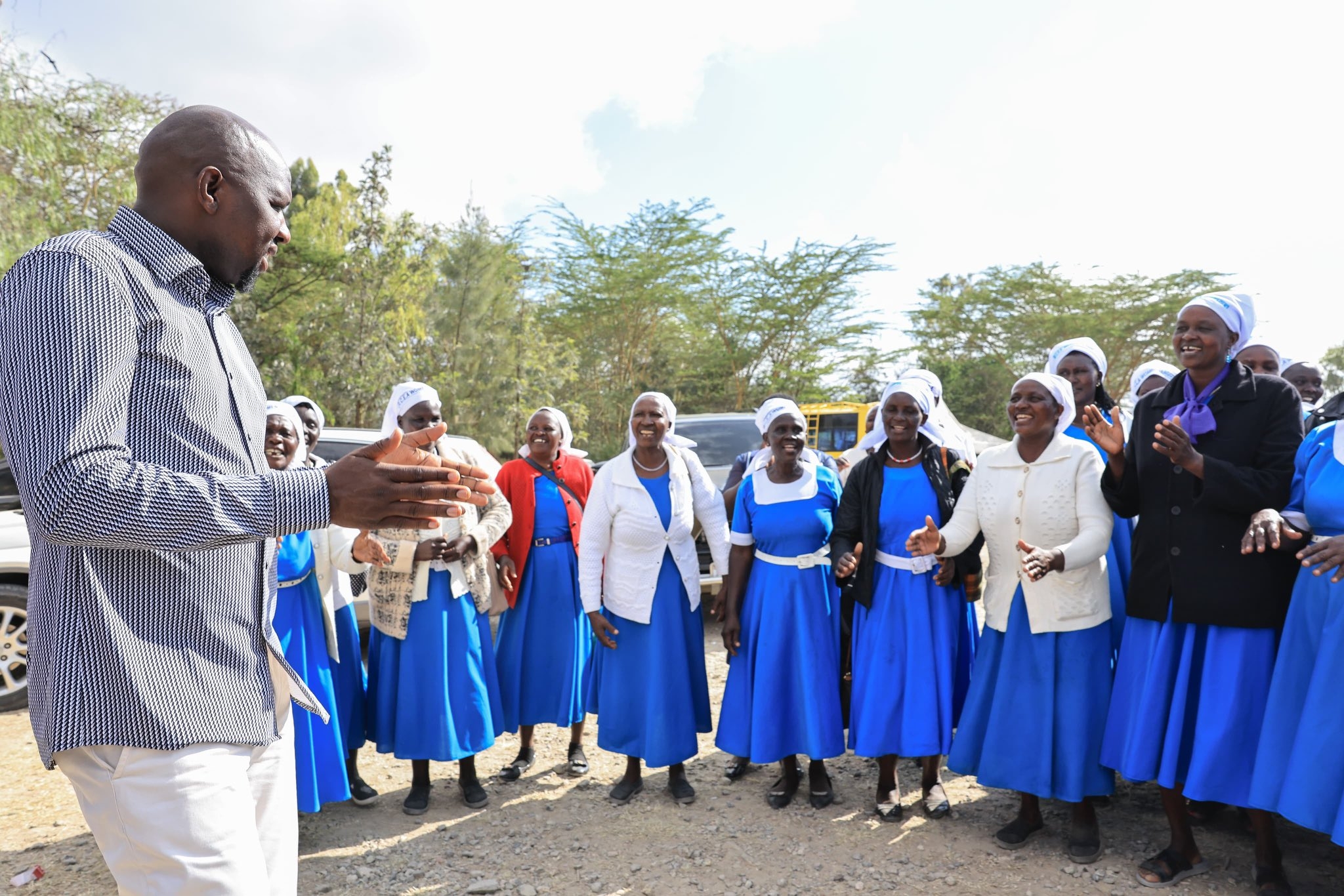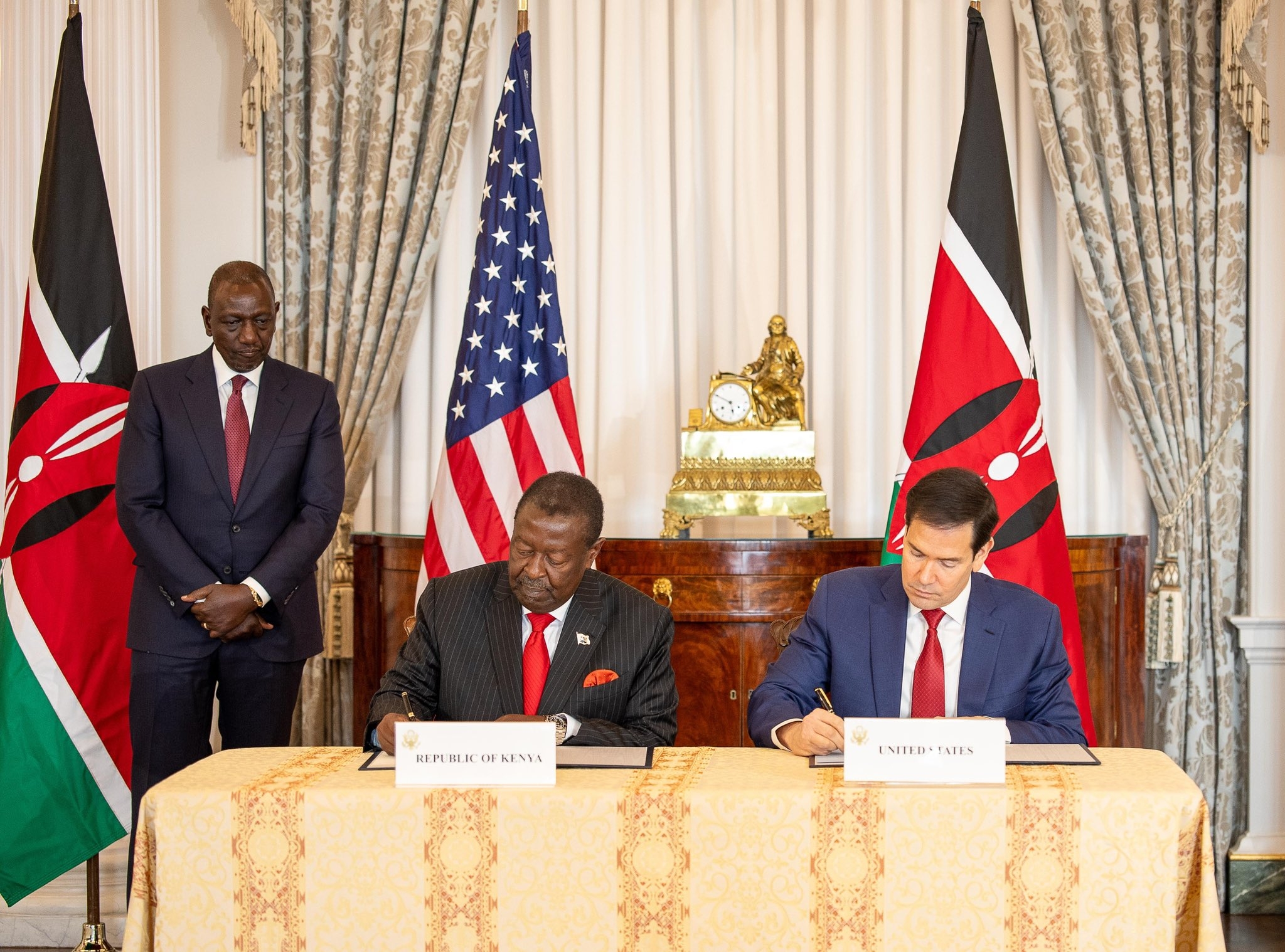
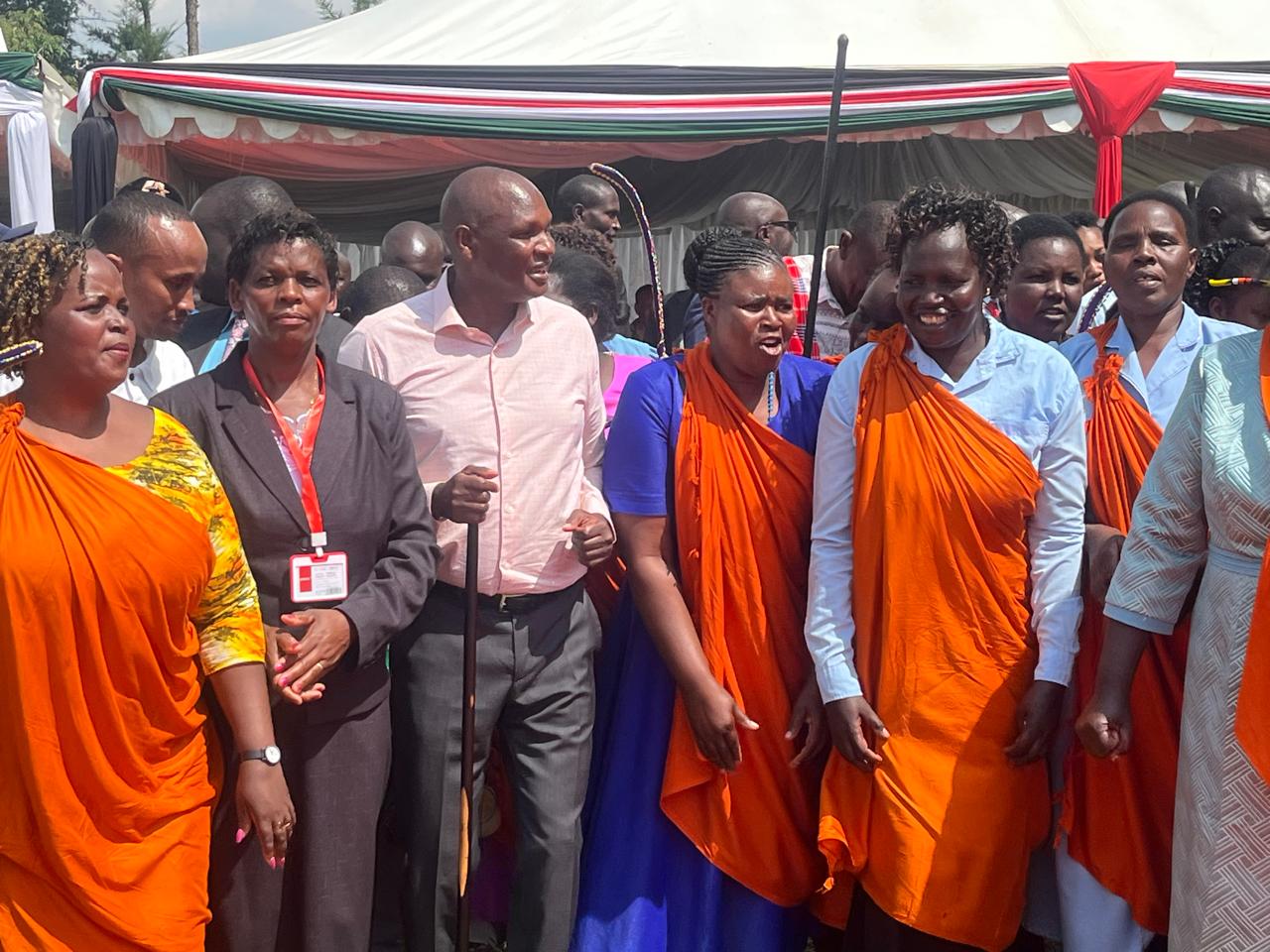
President William Ruto’s allies, led by his close aide Farouk Kibet, have intensified their support for the Head of State’s re-election bid while urging political leaders to steer clear of divisive and ethnically charged rhetoric.
Speaking during a fundraiser for 31 churches in Tapsagoi
Ward, Turbo Constituency, the leaders criticised opposition figures—widely
interpreted as targeting former Deputy President Rigathi Gachagua—for what they
termed as attempts to undermine national cohesion.
Farouk emphasised the need for unity, accusing certain leaders of using ethnicity for political gain.
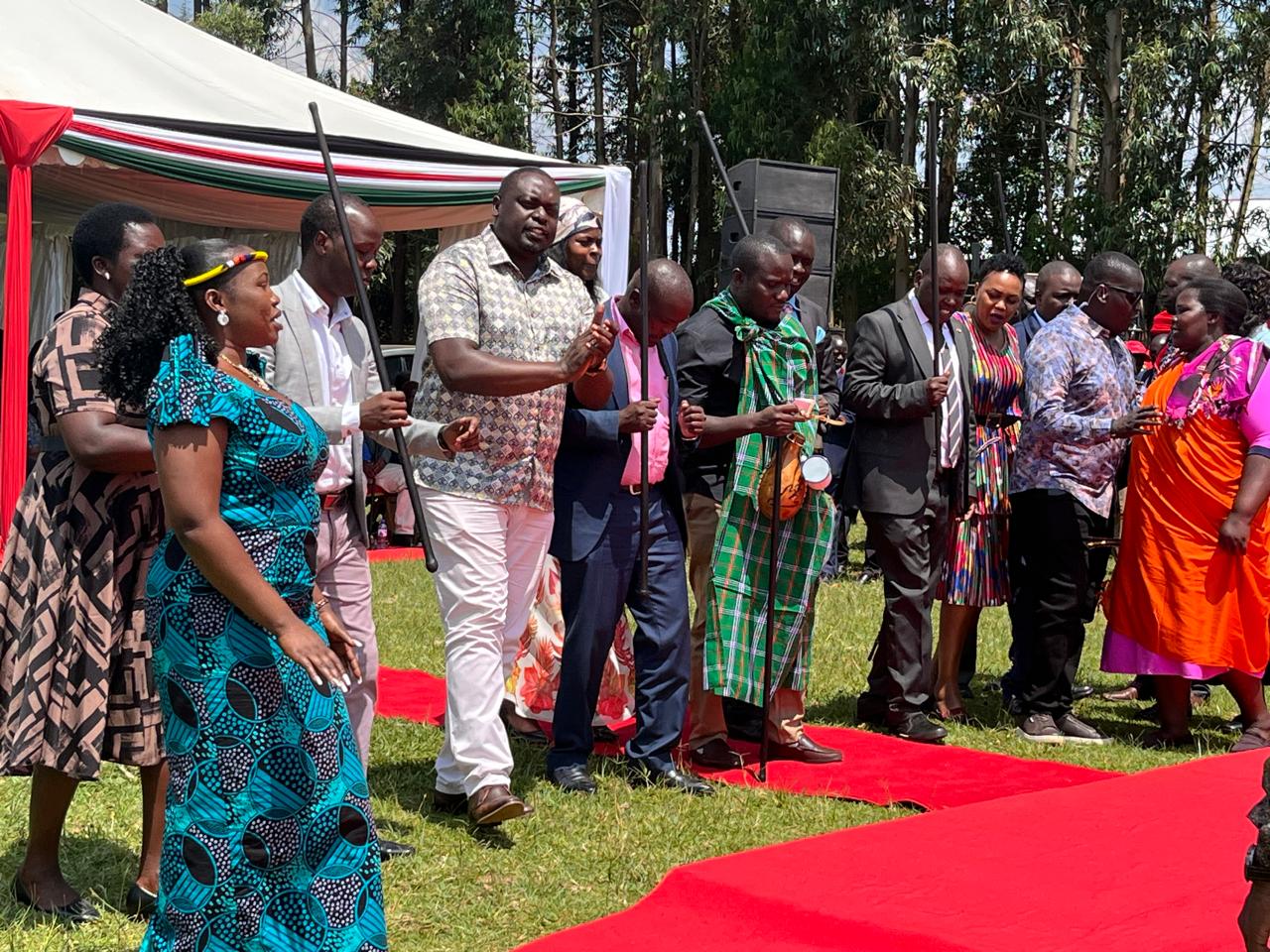
He maintained that Kenyans voted for President Ruto based on
his vision and leadership abilities, not his background.
“We must reject attempts to divide this country. All Kenyans
supported Ruto not because of his ethnicity but because of his leadership,”
Farouk said.
He also called on Kenyans, especially the youth, to remain
focused, disciplined, and respectful during the school holidays.
“Success and a good life come from respecting parents and
staying focused on education,” he told students.
Turbo MP Janet Sitienei said her constituency, being cosmopolitan, exemplified unity in diversity.
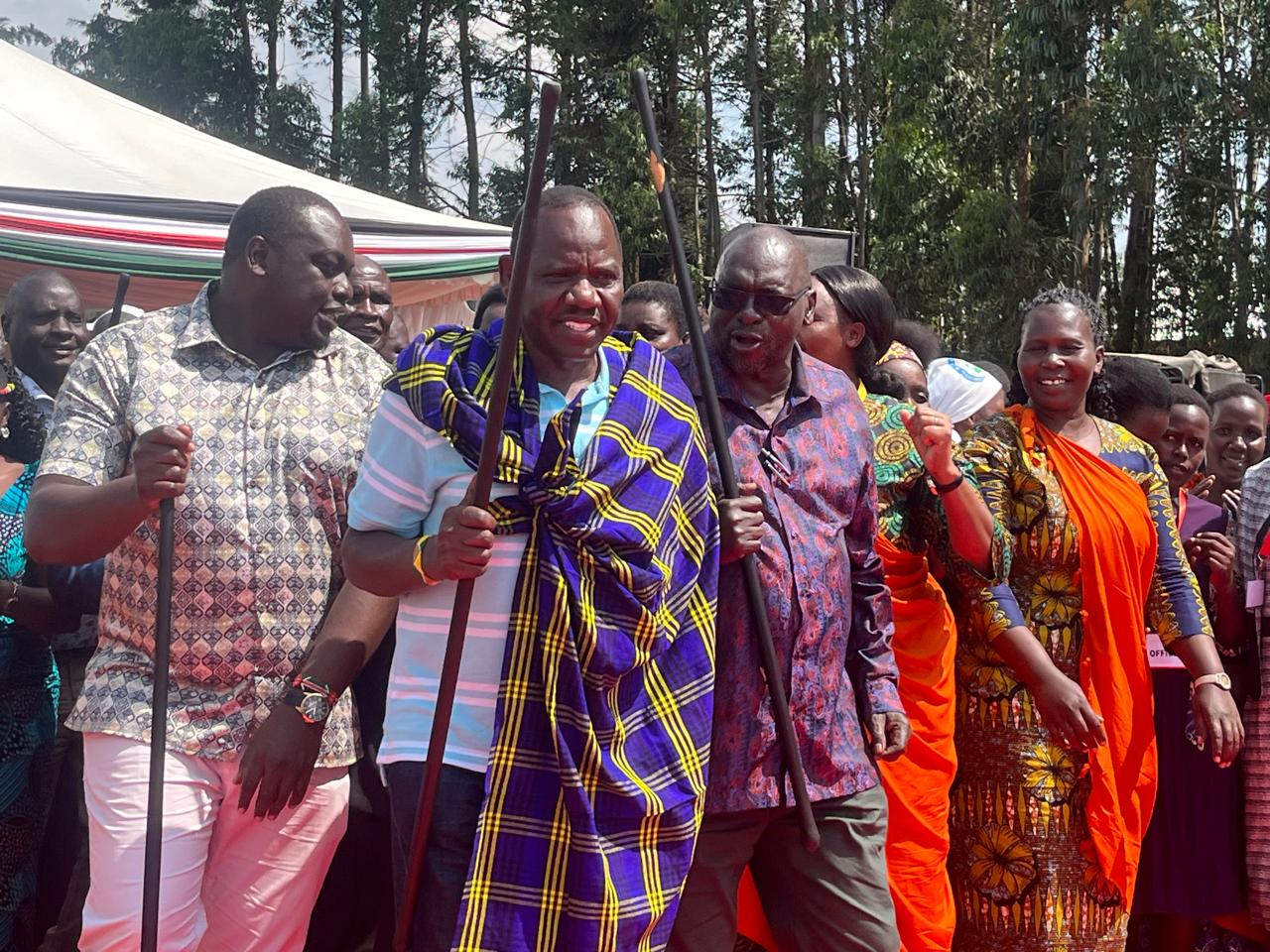
She urged Kenyans to rally behind President Ruto as he
continued implementing his national development agenda.
Her sentiments were echoed by Kimilili MP Didmus Barasa, who
accused some opposition figures of engaging in public criticism as a strategy
to seek relevance or positions in a future administration.
“There are those who think the only way to get noticed is by
attacking the President. But we know the people are with Ruto,” Barasa said.
Without naming names, he suggested that some leaders had failed to offer constructive support when they served in government and should not be trusted to chart Kenya’s future.
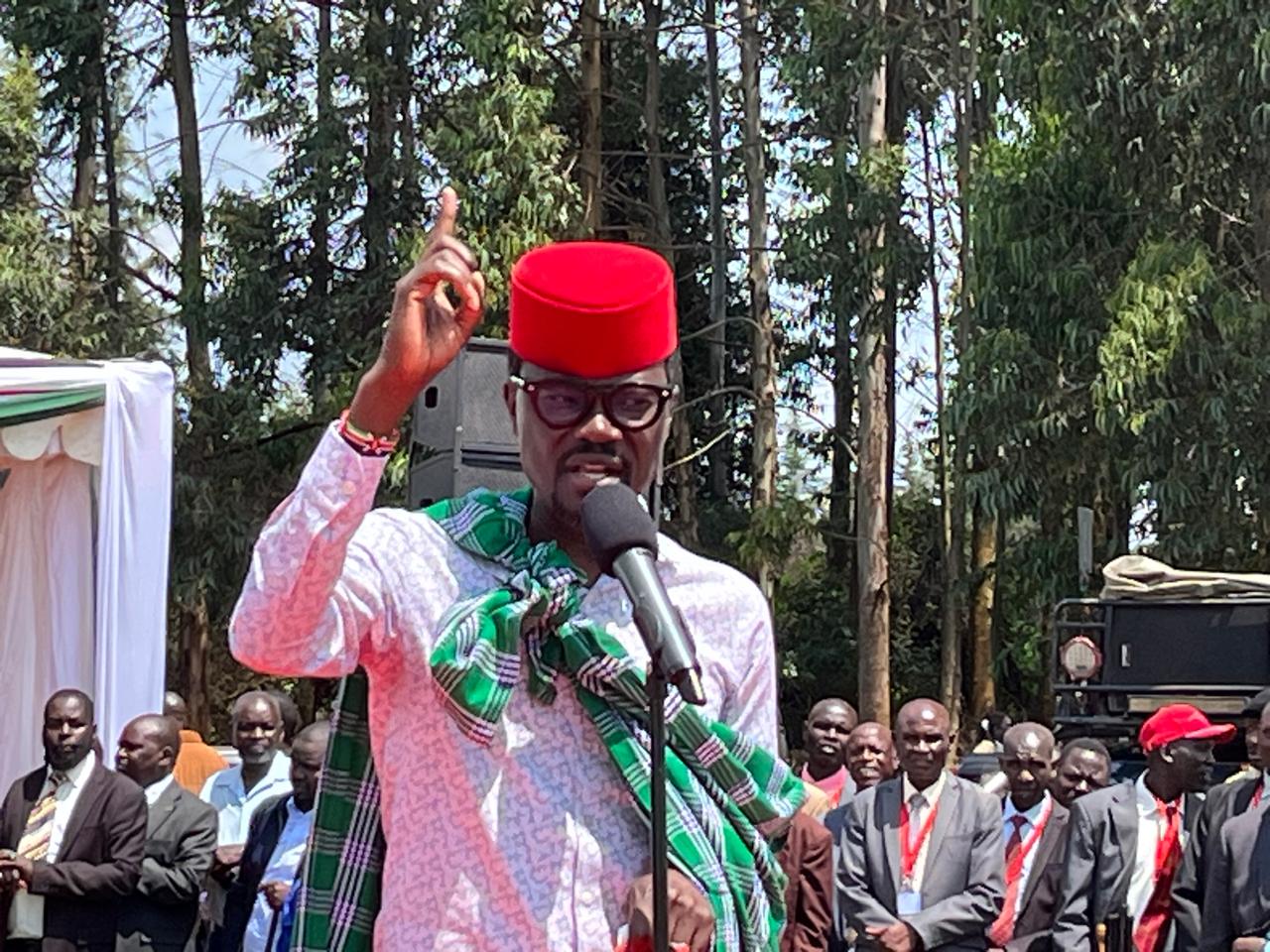
Uasin Gishu Governor Jonathan Bii praised President Ruto for
his inclusive leadership, which he said transcended regions and ethnic lines.
Taveta MP John Bwire urged religious leaders to stand firm
against any form of divisive or inflammatory political messaging.
“The church must continue being the moral compass of our
nation. Just like it stood strong during the SHA debates, it should also
denounce leaders promoting hatred,” Bwire said.
He lauded the Ruto administration for stabilising the
economy and lowering inflation, comparing current economic indicators favorably
to past regimes.
“Inflation is down to 3.8 per cent. Even the media should highlight these wins,” he added.
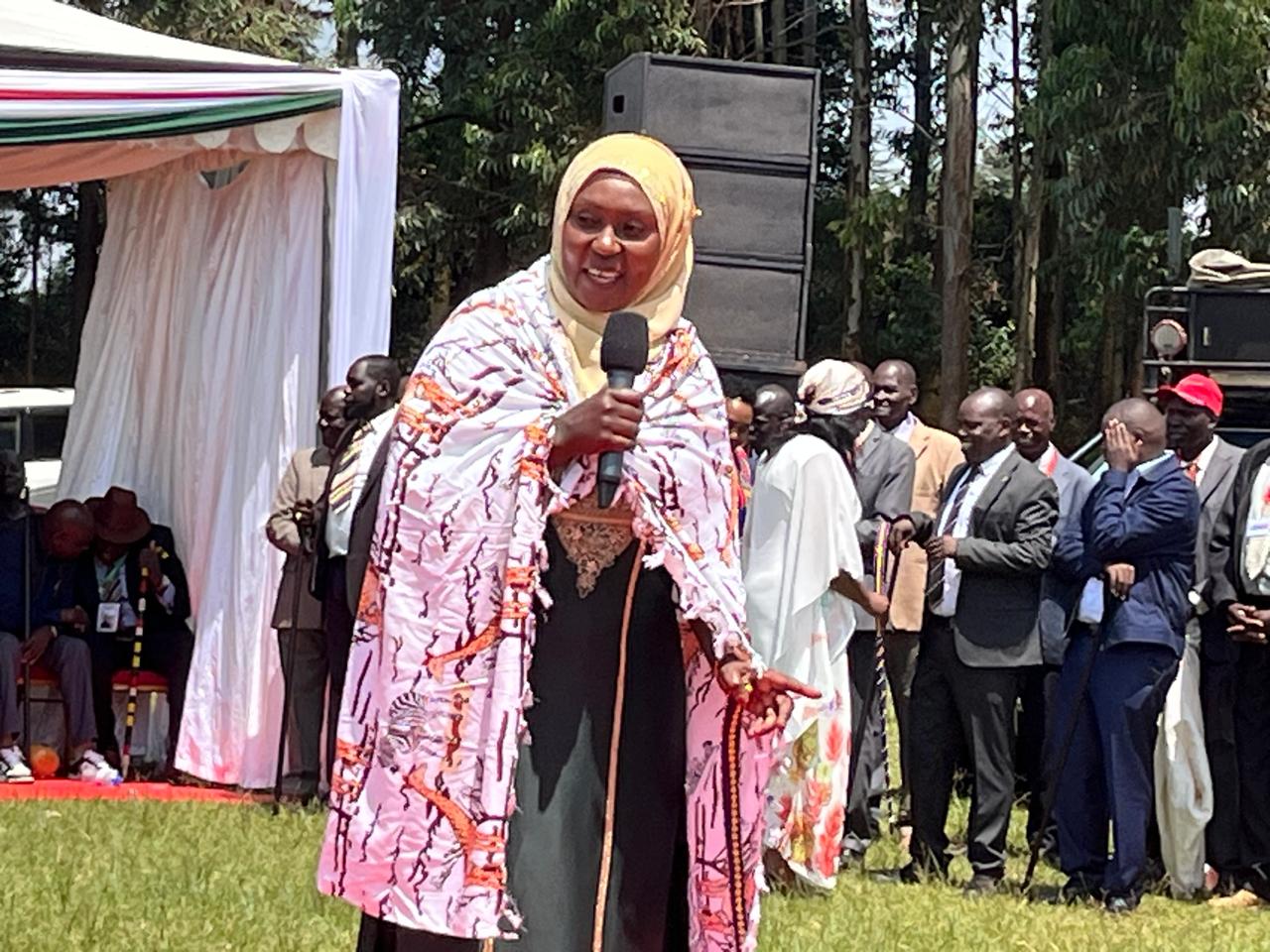
Migori Woman Representative Fatuma Mohammed said President
Ruto's leadership was divinely ordained.
She likened him to a king and drew biblical parallels,
calling opposition chief Raila Odinga a "Joshua" figure who had
helped usher Ruto into leadership.
She also praised the current administration for maintaining
national security, particularly its success in deterring terrorism.
Kuria East MP Marwa Kitayama applauded President Ruto for
recognising and empowering smaller communities such as the Kuria, saying the
Head of State had embraced inclusivity reminiscent of former President Moi.
He noted that the translation of the Bible into local dialects had uplifted the Kuria people, and voiced confidence that Ruto would serve his full two terms.
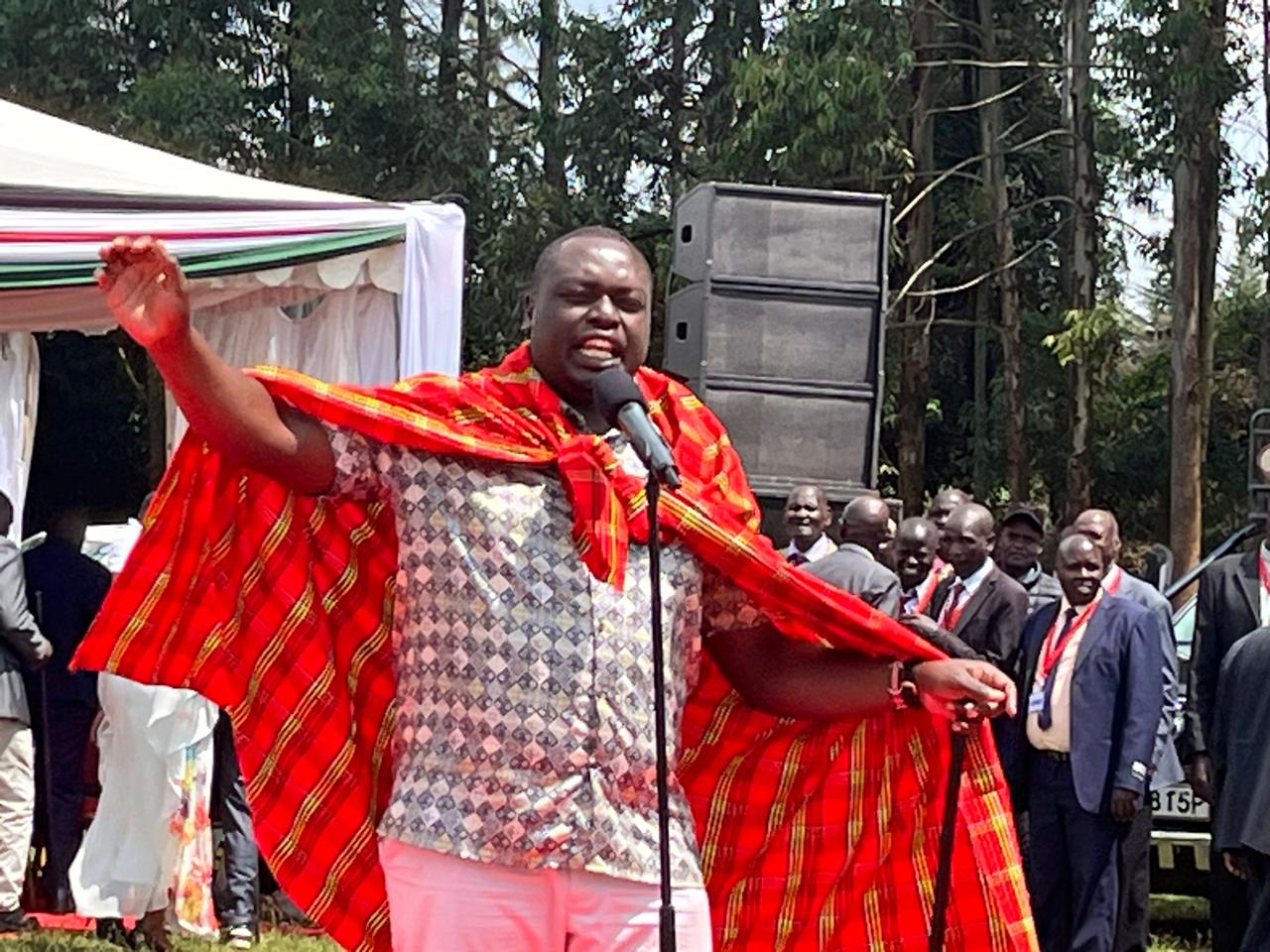
Kitutu Chache North MP Japheth Nyakundi, who serves as UDA’s
national treasurer, underscored the need for loyalty and unity within the
party.
Without referring
directly to Gachagua, Nyakundi noted that after internal changes in leadership,
many of President Ruto’s programs had seen smooth progress.
“Some decisions had to be made in the interest of national
stability and delivery. Since those changes, we have seen great improvement in
governance,” he said.
As the 2027 election season begins to take shape, the messaging from Ruto’s allies points to a clear strategy: reaffirming the President’s national appeal, reinforcing party unity, and distancing the government from tribal narratives seen to harm its broader agenda.




